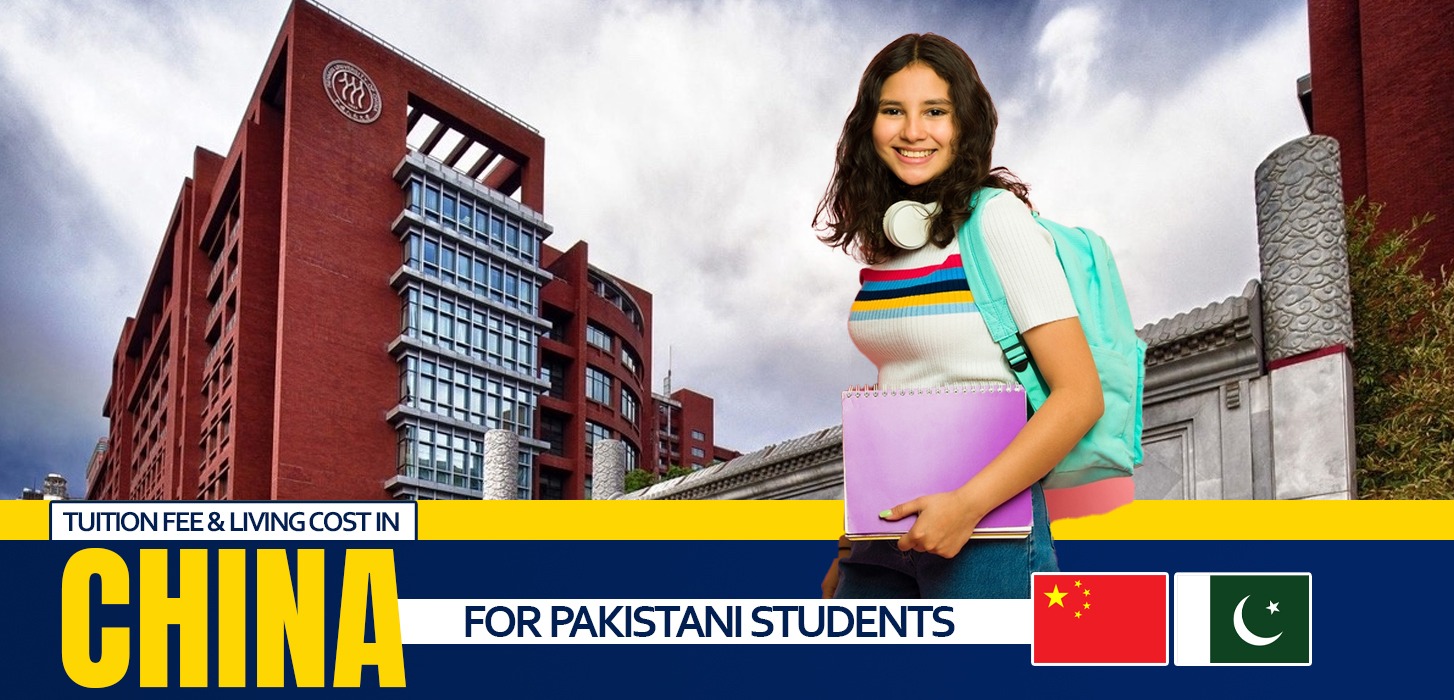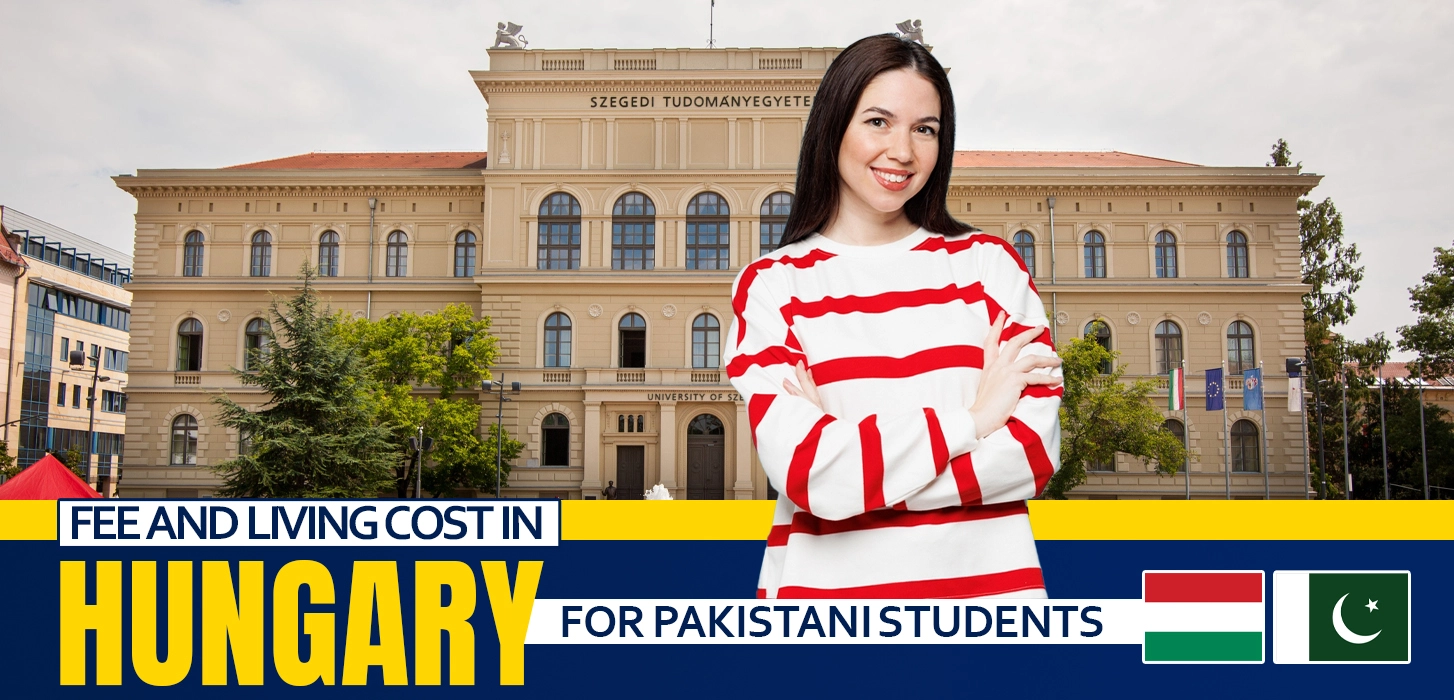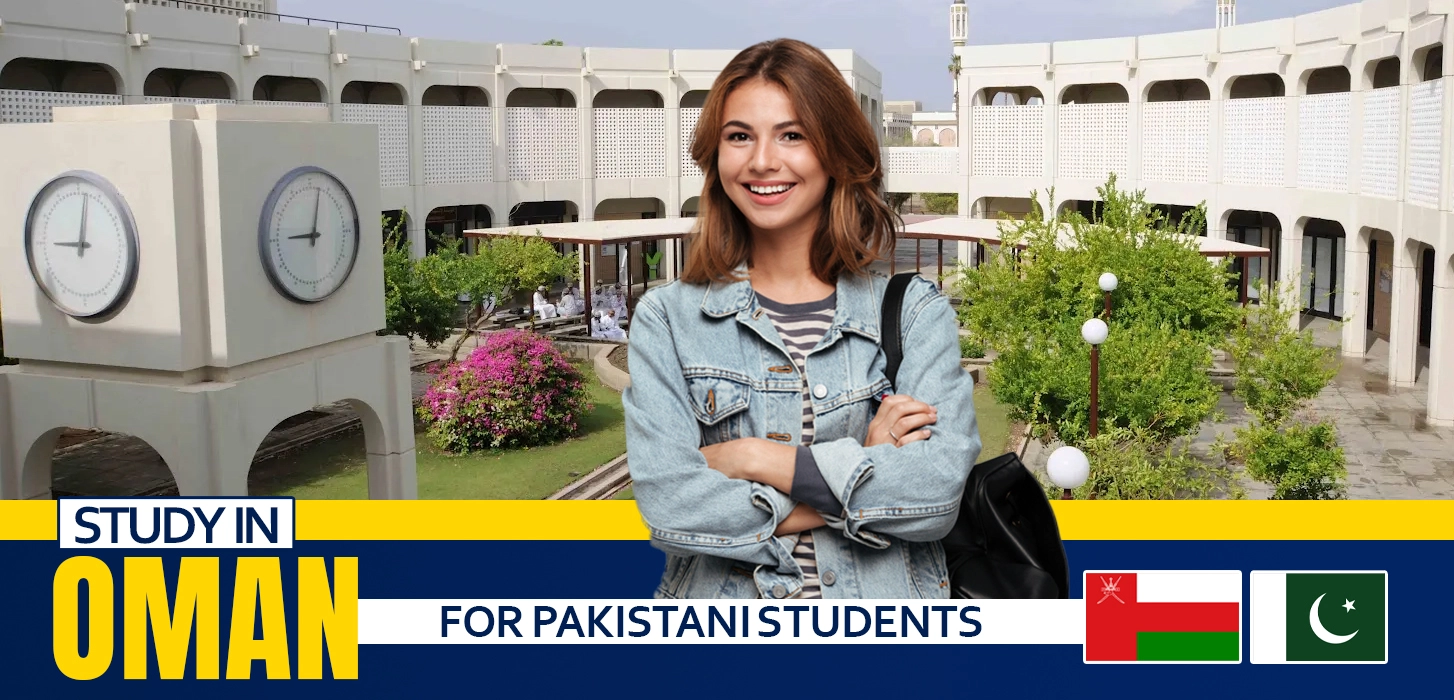
Study in Bulgaria for Pakistani Students | Tuition Fee | Eligibility Criteria | Bulgaria Visa Guide | Scholarships In Bulgaria
Bulgaria is emerging as a popular choice for international students seeking a high-quality education at an affordable price. Tuition fees and living costs are significantly lower compared to more established European destinations. Despite the cost advantage, Bulgarian universities offer internationally recognized degrees and maintain a strong academic tradition. The Bologna Process ensures compatibility with qualifications across Europe, further enhancing the value of a Bulgarian degree. Additionally, a growing number of programs are taught entirely in English, removing the language barrier for international students. These factors, combined with potentially less competitive admissions compared to other European countries, make Bulgaria an attractive option for students seeking a valuable and accessible international education.
Table of Contents
University Name | Estimated Yearly Tuition Fees |
Sofia University St. Kliment Ohridski | €4,000 – €8,000 |
American University in Bulgaria | €12,000 – €16,000 |
Varna University of Management | €4,000 – €7,000 |
New Bulgarian University | €4,500 – €8,000 |
Plovdiv University Paisii Hilendarski | €3,500 – €6,500 |
University Name | City |
Sofia University St. Kliment Ohridski | Sofia |
American University in Bulgaria | Blagoevgrad |
Varna University of Management | Varna |
New Bulgarian University | Sofia |
Plovdiv University Paisii Hilendarski | Plovdiv |

For international students embarking on their educational journey in Bulgaria, securing a student visa is a crucial first step. Here’s a breakdown of the general requirements to ensure a smooth entry process:
Eligibility and Documents:
A valid passport with at least 12 months of remaining validity beyond your intended stay in Bulgaria is essential. You must also hold an acceptance letter from a recognized Bulgarian university confirming enrollment in a full-time degree program.
The visa application process involves completing the application form accurately. Your valid passport with sufficient blank pages for visa stamping is required, along with several recent passport-sized photos meeting the specified size requirements.
An official acceptance letter from your chosen Bulgarian university confirming your enrollment in a full-time program serves as proof of your academic standing.
Demonstrating your financial ability to support yourself during your studies in Bulgaria is crucial. Bank statements,scholarship letters, or proof of sponsorship can fulfil this requirement. The specific amount may vary, but typically falls around 4,000 Bulgarian Lev (BGN) per year, in addition to covering tuition fees.
Valid medical health insurance coverage for the duration of your stay is mandatory for all international students. Additionally, providing evidence of secured accommodation in Bulgaria, such as a dormitory reservation or rental agreement, is required.
If you have held visas for other countries, copies of those visas might be necessary during the application process.
Translation Considerations and Processing Time:
Documents originally issued in a language other than Bulgarian or English may require certified translations. Factor in ample processing time for your visa application, which can take several weeks. Application fees may also apply, so be sure to include them in your budget.
Bulgarian universities utilise a two-pronged admission system, consisting of general requirements applicable across most programs and program-specific requirements tailored to each discipline.
General Admission Criteria:
The foundation for admission rests upon a completed secondary education diploma, recognized in your home country as qualifying you for university entrance. Most programs have a minimum grade requirement on this diploma, typically ranging from 62% to 72%, with variations depending on the university and program of choice.
Program-Specific Requirements:
Additional hurdles may exist for certain programs, particularly in competitive fields like medicine or engineering. These programs might require entrance exams designed to assess your knowledge and aptitude for the specific field. For programs offered in English, standardised test scores like TOEFL or IELTS might be necessary to demonstrate your English language proficiency. In creative fields like art, architecture, or design, programs might have portfolio requirements showcasing your skills and experience.
Language Considerations and Additional Factors:
Bulgarian serves as the primary language of instruction; however, an increasing number of programs are offered in English. If applying to a program in Bulgarian, proof of proficiency through exams like BTEST might be required. A compelling motivation letter outlining your academic goals, interest in the program, and suitability for studying in Bulgaria can strengthen your application. Letters of recommendation from teachers, professors, or professionals in your field of interest can further enhance your application’s competitiveness.
Ensure you meet the basic eligibility criteria, typically holding a completed secondary education diploma recognized for university entrance in your home country. Research program-specific requirements. Some programs might necessitate entrance exams, standardised test scores (like TOEFL/IELTS for English programs), or portfolio submissions (for creative fields).

Compile the necessary documents, usually including:
Official transcripts from your secondary education (certified translations if needed)
Proof of language proficiency (Bulgarian or English, depending on the program)
Standardised test scores (if applicable)
A compelling motivation letter outlining your academic goals and suitability for the program
Letters of recommendation (optional, but recommended)
Proof of financial resources for your studies (bank statements, scholarships)
Most universities have online application portals. Follow the specific instructions and carefully complete the application form, ensuring all required documents are uploaded before the deadline.
Universities meticulously review applications. Shortlisted candidates might be invited for an interview to assess their communication skills, passion for the program, and suitability for the academic environment.
Upon successful application, you’ll receive an official offer letter outlining the next steps for enrollment. This might involve additional documents, fees, and potentially a visa application for international students.
Application Fees: Some universities might have application fees, so factor those into your budget.
Visa Requirements: International students will need to obtain a student visa to study in Bulgaria. Research the specific requirements well in advance.
Application Fees: Some universities might have application fees, so factor those into your budget.
Visa Requirements: International students will need to obtain a student visa to study in Bulgaria. Research the specific requirements well in advance.
Bulgaria is a rising star in the world of international education, offering high-quality degrees at affordable prices. Tuition fees and living costs are significantly lower compared to Western Europe. Bulgarian universities are well-established with a strong academic tradition, and their degrees are recognized internationally. The Bologna Process ensures compatibility with qualifications across Europe. Many programs are now taught entirely in English, and admissions may be less competitive than other European countries.
To study in Bulgaria, you’ll need to meet the general requirements, such as a completed secondary education diploma and minimum grade requirements. Specific programs may require entrance exams, standardised test scores, or portfolio submissions. You’ll also need to secure a student visa, which involves showing proof of financial resources, health insurance, and accommodation. The application process typically involves submitting documents through an online portal and potentially attending an interview. Remember to factor in application fees and visa requirements when planning your studies in Bulgaria.
Latest Post
Lithuania has become an attractive destination for Pakistani students seeking...
Many Pakistani students dream of studying abroad but are often...
According to the Ministry of Education and Research report, In...
Pursuing higher education in New Zealand is a top destination...
The UK has always been a student-preferred destination for gaining...
Understanding the tuition fee & living cost in China is...
Hungary is an increasingly popular choice for Pakistani students pursuing...
Studying in Oman is an excellent opportunity for Pakistani students...










